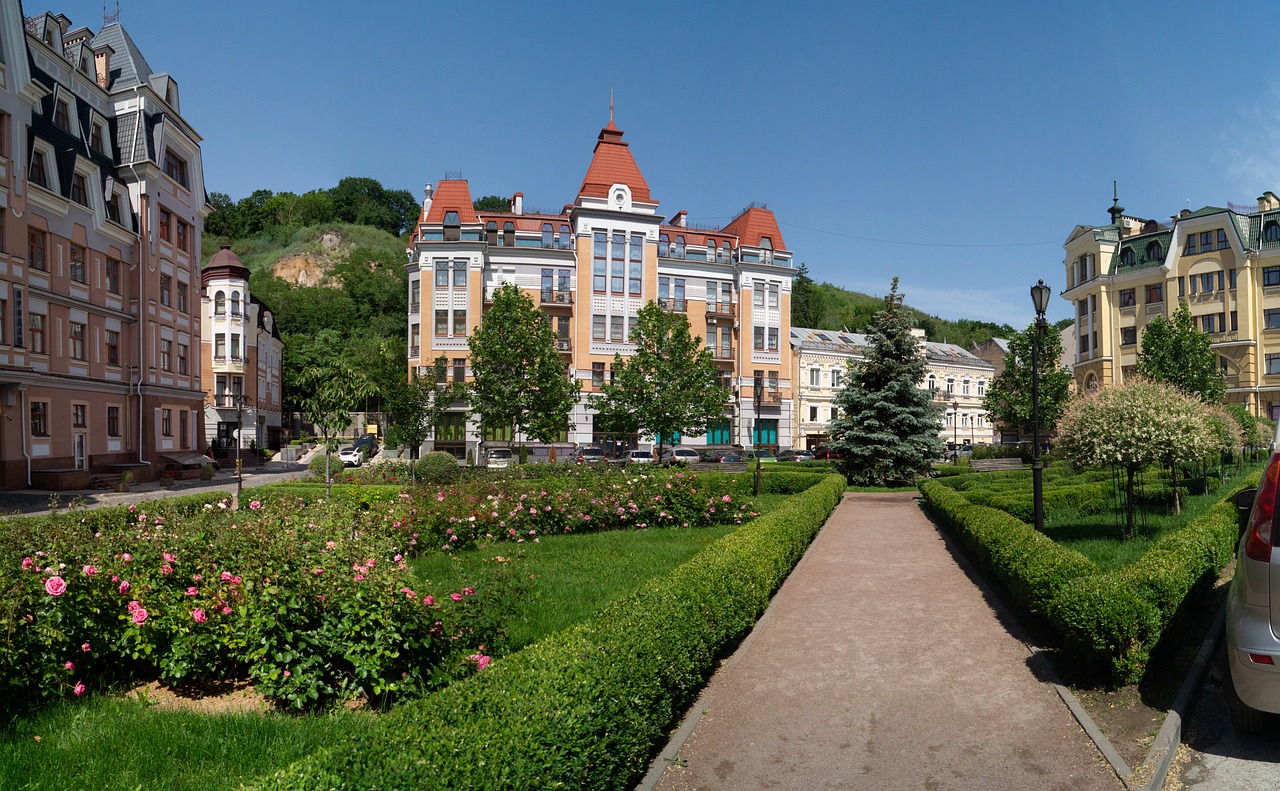Backpacking across Europe is a dream adventure for many—and for good reason. With its rich history, diverse cultures, and efficient travel infrastructure, Europe is ideal for both first-time and seasoned travelers. This guide will walk you through everything you need to know to plan your first European backpacking trip with confidence.
Europe is beautiful year-round, but your experience will vary by season:
Summer (June–August): Ideal for festivals and beach towns, but crowded and more expensive.
Spring/Fall (April–May, September–October): Milder weather, fewer crowds, and better prices.
Winter (November–March): Great for Christmas markets and ski trips, but pack warm!
Don’t try to see everything in one trip. Instead, focus on a few regions or countries:
Classic Route: Western Europe – France, Germany, Netherlands, Switzerland
Budget-Friendly Route: Eastern Europe – Hungary, Czech Republic, Poland, Romania
Scenic Route: Southern Europe – Italy, Spain, Portugal, Greece
Use tools like Eurail, Rome2Rio, and Google Maps to plan routes and transportation options.
A good rule: pack light, then remove half. Essentials include:
A sturdy, 40–60L backpack
Comfortable walking shoes
Quick-dry clothing and layers
Travel-sized toiletries
Power bank and universal adapter
Important documents and digital backups
Stick to carry-on size for easier mobility and fewer fees.
Hostels, budget hotels, and homestays are great options. For affordability and social interaction:
Hostelworld: Best for finding hostels
Couchsurfing: Stay with locals for free
Airbnb or Booking.com: For affordable private stays
Book popular spots in advance, especially in peak season.
Europe has excellent public transportation:
Trains: Fast and scenic—consider a Eurail pass for multiple trips
Budget Airlines: Ryanair, EasyJet, and Wizz Air offer cheap flights
Buses: FlixBus and BlaBlaCar are wallet-friendly alternatives
Metro/Local Transit: Buy daily or weekly passes in cities
Always compare costs and travel times before booking.
Skip the tourist traps. Try:
Street food (gyros in Greece, crepes in France, currywurst in Germany)
Local bakeries and food markets
“Menu del día” or lunch specials for budget dining
Cooking your own meals if staying in a hostel or Airbnb
Trying local cuisine is one of the best parts of backpacking.
Europe is generally safe, but smart travel habits help:
Use anti-theft backpacks or money belts
Keep copies of documents online and offline
Stay aware of local customs and laws
Buy travel insurance covering health, theft, and trip delays
Also, check visa requirements for each country based on your nationality.
Europe is full of free or low-cost attractions:
Free walking tours in most cities
Museums with free entry days
Historic churches, castles, and city parks
Local festivals and cultural events
Stay curious and immerse yourself in local traditions, even if it's just trying a new dish or learning a few phrases in the local language.
Backpacking across Europe is an unforgettable journey filled with discovery, personal growth, and new friendships. With a bit of planning and an open mind, your first trip can be the start of a lifelong love for travel. Pack your bags—Europe is waiting!




Want to add a comment?